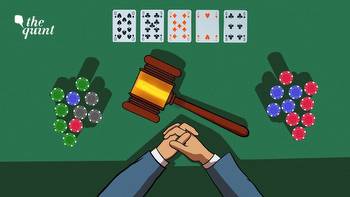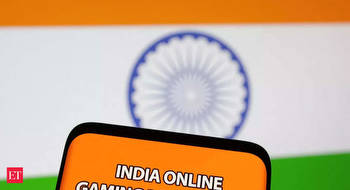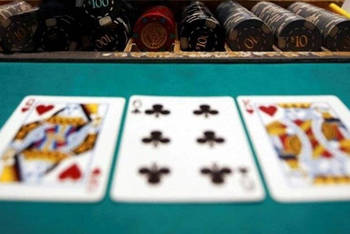Online Games involving Stakes Affected by Gambling Ban: TN Govt

Online games are prohibited when played for stakes, argued Advocate General R. Shunmugasundaram while defending the Tamil Nadu government’s online gambling ban before the Madras High Court yesterday. As reported by The NewIndian Express, Shunmugasundaram added that the ban doesn’t prevent companies from running online gaming platforms in the state.
The Tamil Nadu government’s ban comes in the wake of over seventeen reported online gambling-related suicides in the state, and rising instances of addiction as well. However, the ban on online gambling includes online skill games played for stakes, like online rummy and poker. Unlike gambling games, these skill games are typically not regulated by states in India, an argument raised by skill gaming companies who challenged the ban earlier this year.
The skill gaming companies will argue on August 21st.
Appearing before Chief Justice S.V. Gangapurwala and Justice P.D. Audikesavalu, Shunmugasundaram doubled down on the state government’s arguments that online skill games are incomparable to their offline counterparts. For example, there is no guarantee in an online rummy game that one is playing against a real person, and not a bot. Also, the cards aren’t real either, generated by the software and algorithms running the game. The ‘dealer’ software knows the unopened and opened cards.
Defending the ban itself, Additional Advocate General Amit Anand Tiwary argued that these companies can’t be regulated as they’re registered either abroad or in other states. Notably, the skill gaming industry has repeatedly argued that ‘harmful’ gambling platforms are located outside of India and require stricter regulation.
In its counter-affidavit filed before the High Court, while adding that it had regulatory power over skill games, the Tamil Nadu government argued that technological advancements disturb the regulatory distinctions between games of skill and games of chance (gambling games regulated by states). That is, if a physical or offline game is designated as a game of skill, then that categorisation wouldn’t hold when played online, due to the various software controlling the gameplay. The online industry’s financial incentives cannot be discounted either, the state government observed:
“The tremendous stakes involved in the online gaming business can be gauged from the established fact that several online games providers are offering ‘free bonuses’ worth between Rs. 2,000/- and Rs. 10,000/- to lakhs of players via SMS messages in order to entice them to participate in the games. It can be reasonably assumed that no business would offer incentives at such a scale unless it is confident of being able to recoup such amounts. If the betting involved in the games offered by online games providers were truly equal chance betting or skill-based in nature, it would not make commercial sense for the said businesses to offer such incentives.”
STAY ON TOP OF TECH NEWS: Our daily newsletter with the top story of the day from MediaNama, delivered to your inbox before 9 AM. Click here
I'm interested in stories that explore how countries use the law to govern technology—and what this tells us about how they perceive tech and its impacts on society. To chat, for feedback, or to leave a tip: aarathi@medianama.com


































